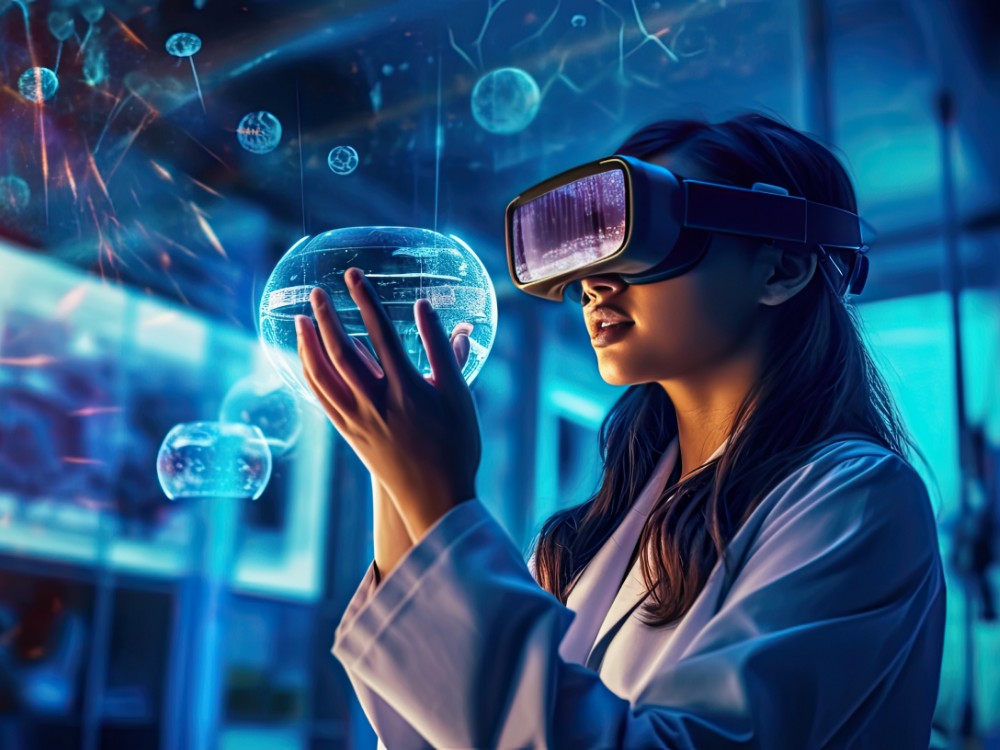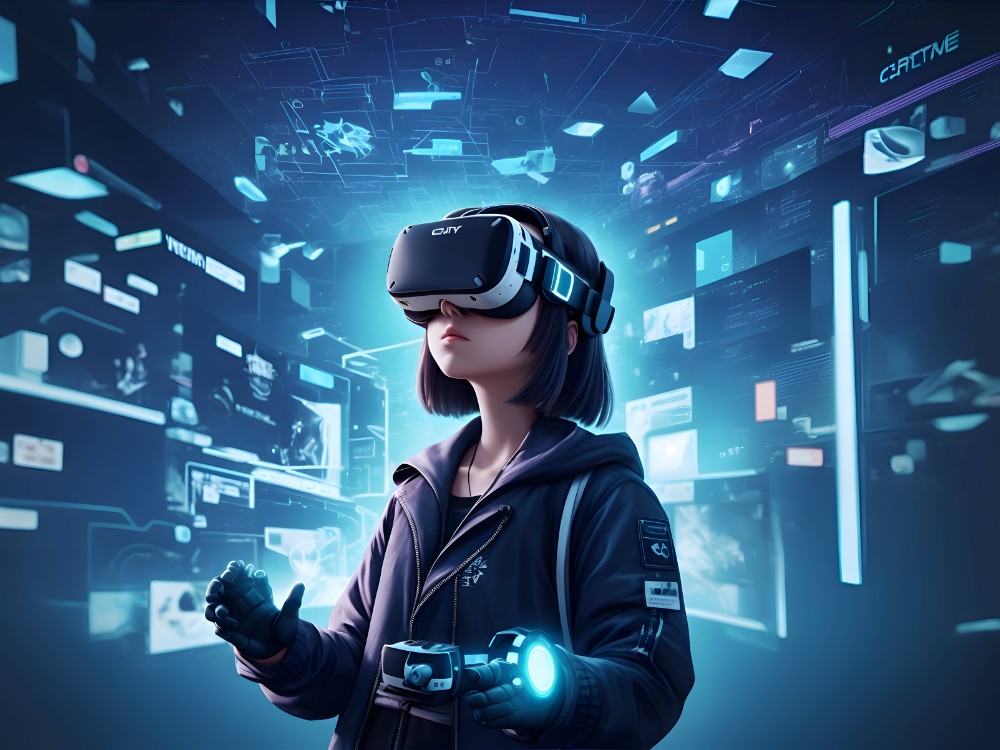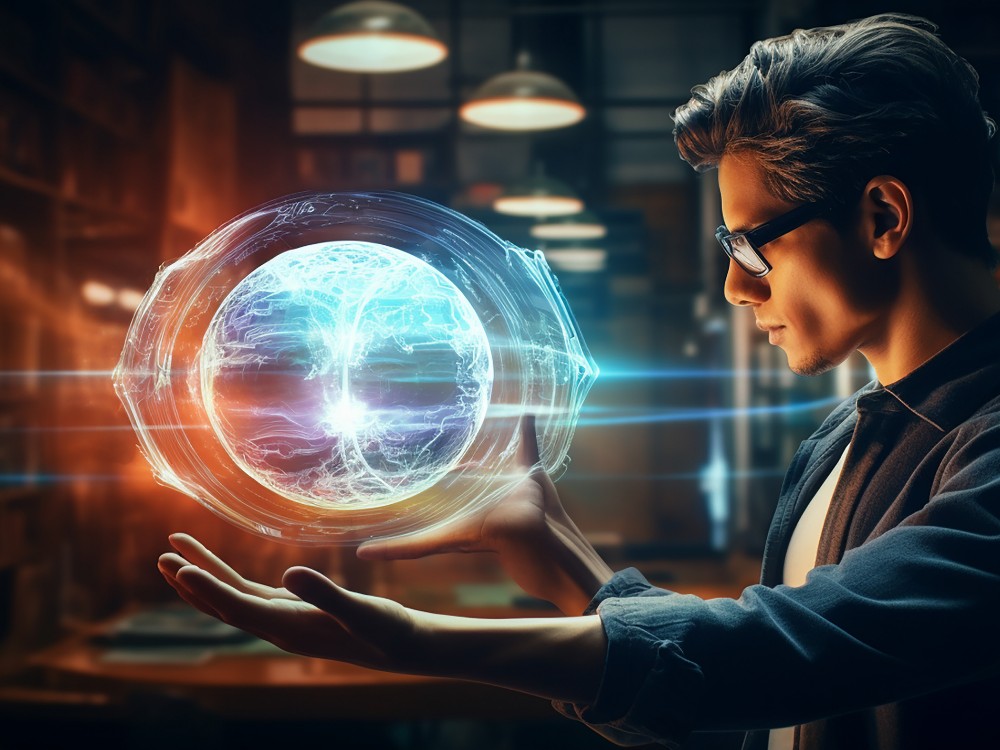How AI is Changing the Way We Interact with Technology and Each Other

Artificial Intelligence (AI) is no longer a concept of the future; it’s here, embedded in our everyday lives, influencing the way we interact with technology and each other. From voice-activated assistants like Siri and Alexa to personalized recommendations on streaming platforms, AI is transforming our digital landscape in profound ways.
1. AI and Human Interaction One of the most noticeable changes AI has brought is in the way we communicate. AI-powered chatbots and virtual assistants are becoming increasingly sophisticated, allowing for more natural and intuitive interactions. These systems are designed to understand and respond to human language, making our interactions with technology feel more like conversations with a friend rather than commands to a machine.
AI is also enhancing communication between people. For example, AI-driven translation tools like Google Translate are breaking down language barriers, enabling people from different parts of the world to communicate effortlessly. This technology is making the world smaller, connecting people in ways that were previously unimaginable.

How AI is Changing the Way We Interact with Technology and Each Other
2. AI in Personalized Experiences AI is also revolutionizing how we experience content and services. Through machine learning algorithms, AI can analyze our behaviors, preferences, and patterns to offer personalized recommendations. Whether it’s suggesting a new movie to watch, curating a music playlist, or tailoring advertisements to our interests, AI is making our interactions with digital content more relevant and enjoyable.
In the world of e-commerce, AI is being used to create highly personalized shopping experiences. Online retailers use AI to recommend products based on past purchases or browsing history, making it easier for consumers to find exactly what they’re looking for, often before they even know they want it.
3. The Ethical Considerations While AI offers many benefits, it also raises important ethical questions. The ability of AI to collect and analyze vast amounts of personal data has led to concerns about privacy. There’s also the issue of bias in AI systems, where algorithms may reflect and reinforce societal inequalities.
Moreover, the increasing reliance on AI for decision-making—whether in hiring, law enforcement, or financial services—poses significant challenges. It’s crucial for developers, companies, and governments to ensure that AI systems are transparent, fair, and accountable.
4. The Future of AI and Human Interaction As AI continues to evolve, its impact on human interaction will only grow. Future developments could see AI systems that are even more adept at understanding human emotions and context, making interactions with technology feel even more natural and seamless.
In the workplace, AI is likely to become a valuable tool for collaboration, assisting teams in everything from project management to creative brainstorming. However, this also raises questions about the future of jobs and the role of humans in an AI-driven world.
Conclusion AI is changing the way we interact with technology and each other in profound and exciting ways. While there are challenges to navigate, the potential benefits of AI in enhancing communication, personalization, and overall user experience are immense. As we continue to integrate AI into our lives, it’s important to approach this technology with a sense of responsibility and a focus on creating a future where AI serves the greater good.




